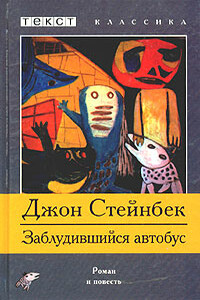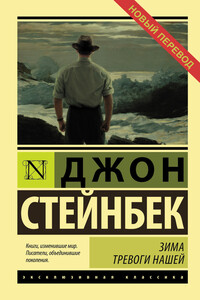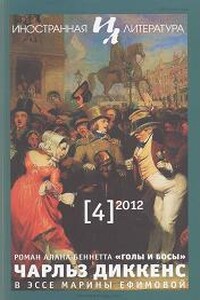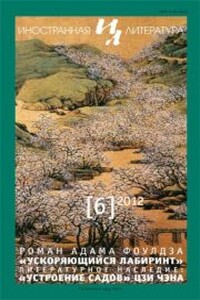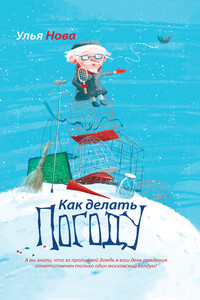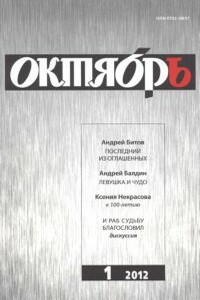To this hard-bitten bunch of professionals I
arrived as a Johnny-come-lately, a sacred cow, a kind of tourist. I think they
felt that I was muscling in on their hard-gained territory. When, however,
they found that I was not duplicating their work, was not reporting straight
news, they were very kind to me and went out of their way to help me and to
instruct me in the things I didn’t know. For example, it was Capa who gave me
the best combat advice I ever heard. It was, “Stay where you are. If they
haven’t hit you, they haven’t seen you.” And then Capa had to go and step on a
land mine in Viet-Nam, just when he was about to retire from the whole
terrible, futile business. And Ernie Pyle got it between the eyes from a sniper
on the trip he planned as his weary last.
All of us developed our coy little tricks with
copy. Reading these old pieces, I recognize one of mine. I never admitted
having seen anything myself. In describing a scene I invariably put it in the
mouth of someone else. I forget why-1 did this. Perhaps I felt that it would be
more believable if told by someone else. Or it is possible that I felt an
interloper, and eavesdropper on the war, and was a little bit ashamed of being
there at all. Maybe I was ashamed that I could go home and soldiers couldn’t.
But it was often neither safe nor comfortable being a correspondent. A great
part of the services were in supply and transport and office work. Even combat
units got some rest after a mission was completed. But the war correspondents
found that their papers got restive if they weren’t near where things were
happening. The result was that the correspondents had a very high casualty
rate. If you stayed a correspondent long enough and went to the things that
were happening, the chances were that you would get it. In reading these
reports I am appalled at how many of the reporters are dead. Only a handful of
the blithe spirits who made the nights horrible and filled the days with
complaints, remain living.
But to get back to the conventions. It was the
style to indicate that you were afraid all the time. I guess I was really
afraid, but the style was there too. I think this was also designed to prove
how brave the soldiers were. And the soldiers were just exactly as brave and as
cowardly as anyone else.
We edited ourselves much more than we were
edited. We felt responsible to what was called the home front. There was a
general feeling that unless the home front was carefully protected from the
whole account of what war was like, it might panic. Also we felt we had to
protect the armed services from criticism, or they might retire to their tents
to sulk like Achilles.
The self-discipline, self-censorship among the
war correspondents was surely moral and patriotic but it was also practical in
a sense of self-preservation. Some subjects were taboo. Certain people could
not be criticized or even questioned. The foolish reporter who broke the rules
would not be printed at home and in addition would be put out of the theater by
the command, and a correspondent with no theater has no job.
We knew, for instance, that a certain very
famous general officer constantly changed press agents because he felt he
didn’t get enough headlines. We knew the commander who broke a Signal Corps
sergeant for photographing his wrong profile. Several fine field officers were
removed from their commands by the jealousy of their superiors because they
aroused too much enthusiasm in their men and too much admiration from the
reporters. There were consistent sick leaves which were gigantic hangovers,
spectacular liaisons between Army brass and WAACs, medical discharges for
stupidity, brutality, cowardice, and even sex deviation. I don’t know a single
reporter who made use of any of this information. Apart from wartime morals, it
would have been professional suicide to have done it. The one man who jumped
the gun and scooped the world on the armistice was ruined in his profession,
and his career was terminated.

